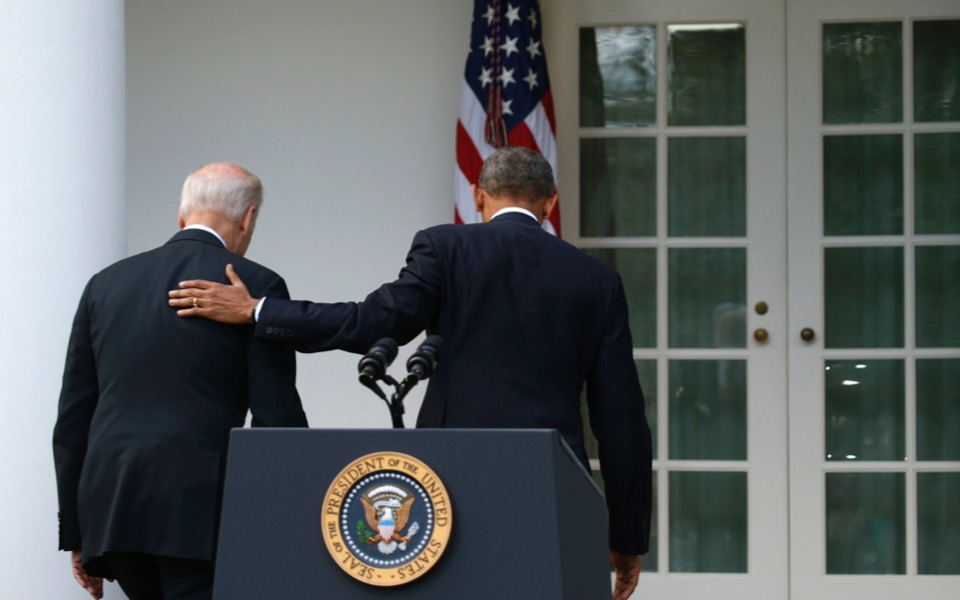Trump, Obama and Greek debt relief

The Greek government has invested in Barack Obama’s upcoming visit to Athens on a number of levels. The outgoing US president is expected to raise three main issues: the refugee and migrant crisis, regional stability (including the Cyprus issue) and, most of all, the Greek debt.
Athens had been counting on strong political support with regard to the easing of Greece’s enormous sovereign debt, and, naturally, hoping that Hillary Clinton would continue along the same lines.
With the interruption of Obama’s legacy, however, Greece is now in uncharted political waters – especially if the changes in the Oval Office go beyond the established traditions of the Democrats and the Republicans. The public conflict between the controversial mogul and now US president-elect with an important portion of the traditional Republican party means that it is somewhat uncertain to what degree Donald Trump will comply with Washington’s timeless guidelines.
As far as the Greek debt is concerned, the Obama team had been closely following discussions between Greece and its creditors in its effort to put the final touches to the speech the US president will deliver with the Acropolis in the background. Now Trump’s victory changes everything. While it won’t render Obama’s presence in Athens pointless, it does detract from the message.
Even if the gifted outgoing US president does call on Europe to adjust Greece’s debt, it would then be necessary for Trump to continue to press for Greek relief in order for it to mean anything. And let’s not forget that in his very few references to Greece to date, Trump has shown a clear desire to disentangle the US from Europe’s economic crisis. Not only did he call on Germany to handle Greek issues, but he also commented that the country should have returned to its nation currency and be used as an example to avoid.
What remains to be seen is whether these references, which were obviously a part of the simplified and populist rhetoric he used during his campaign, will actually turn into real policy by the Trump administration. Despite the fact that Greek government sources swiftly moved to highlight that they were not surprised by Trump’s election and that there was still time, until December 5 (before the new president’s investiture), to reach a deal regarding Greece’s debt, Trump’s win certainly adds yet another problem to the Greek coalition government’s heap. It could very well be that quite soon Greeks will miss seeing Jack Lew, the Obama administration’s treasury secretary, operating as a goodwill ambassador on behalf of Greece’s positions and attempting to more clearly define Germany’s policy of strict austerity.
Trump’s election changes the balance and obviously affects Greece. For the time being, Greek public opinion is dealing with his victory in dismissive terms. The government and the country’s political parties, however, don’t have the luxury of selecting their interlocutors, even more so when this involves the US. On the contrary, they are obliged, as of today, to seek communication channels and rapidly secure a place in the new government which, starting in January, will determine the superpower’s destiny. This is the only way for the Greek administration to defend the country’s interests in the best possible way.





